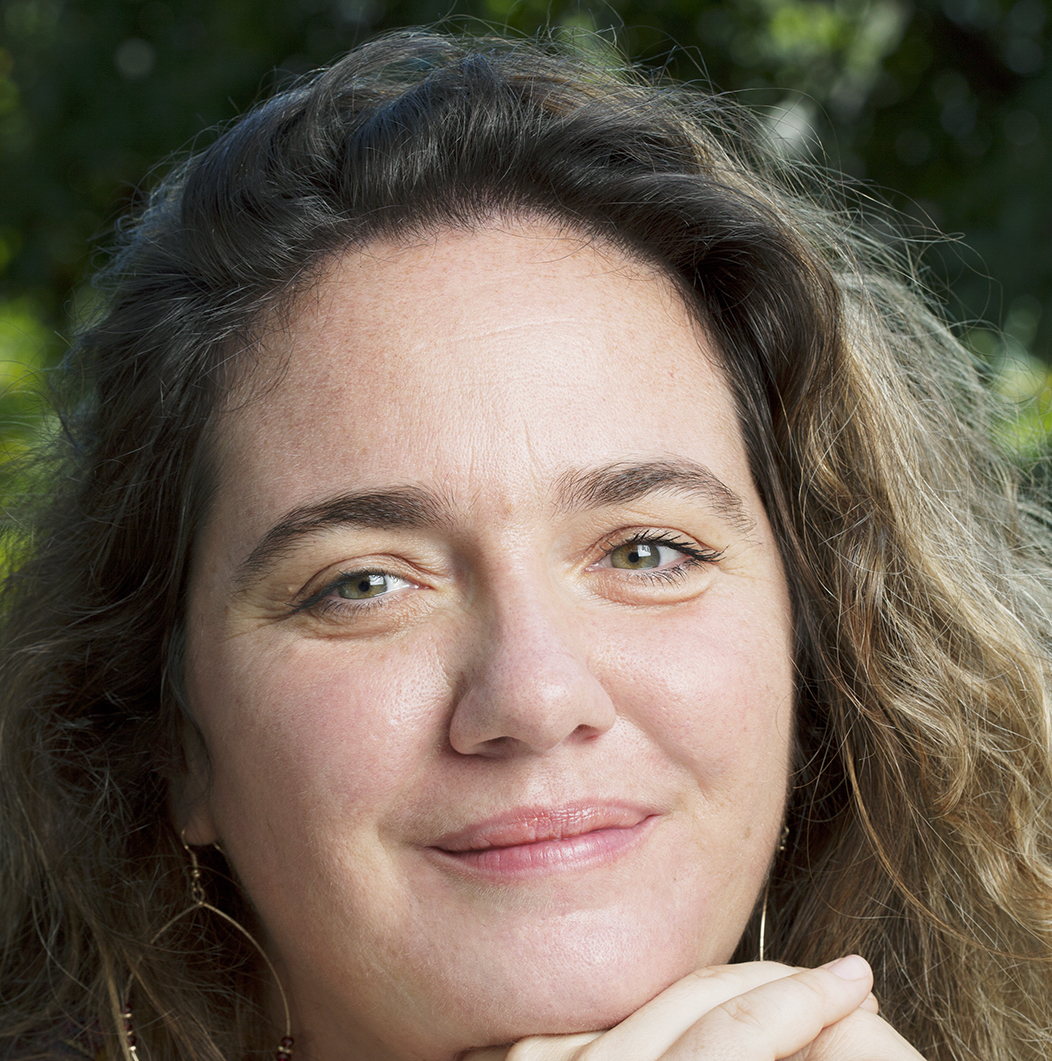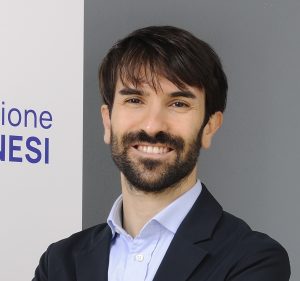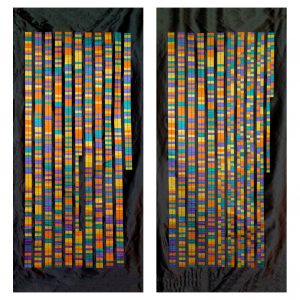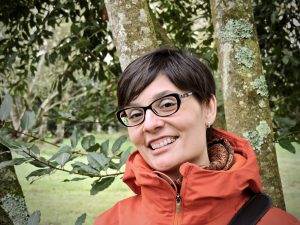March 27 – 13.00. Room Sala Seminari Nicola Schiavoni, on the ground floor of building 20 (Leonardo campus, Via Ponzio 34/5).
Abstract: After the publication of the now-classic “extended mind” paper by Andy Clark and David Chalmers (Clark & Chalmers 1998), a profuse debate on the conditions that should be met for granting the extension of the mind in the world has taken place at the crossroads of philosophy of mind, cognitive science, philosophy of technology, and artificial intelligence. Notably, Clark (2010) has claimed that some “glue and trust” criteria allow us to differentiate between genuine extended cognition and the mere instrumental employment of a technological tool. These are constancy in use, direct availability, automatic endorsement, and consciously past endorsement. The affective dimension of trust has been rarely studied in this regard. In this talk, I will argue that trust plays a fundamental role in cognitive integration with AI. We cannot have a phenomenologically accurate description of cognitive integration with AI – not simply relying on it – without considering what trusting an AI means. I will advance the hypothesis that without trust cognitive integration is not attainable most of the time. So, if my hypothesis is correct, trust is a necessary condition of extended cognition. The final upshot is that trust enables the subject to carve out new relationships with the environment through the employment of technology. In tailoring a new affective-cum-cognitive niche through trustful engagement with AI agents and systems, one can extend their action possibilities and thus increase their feeling of agency in the world.








